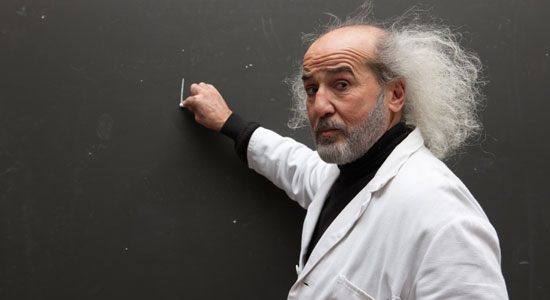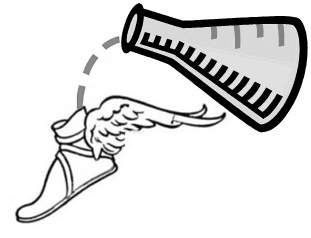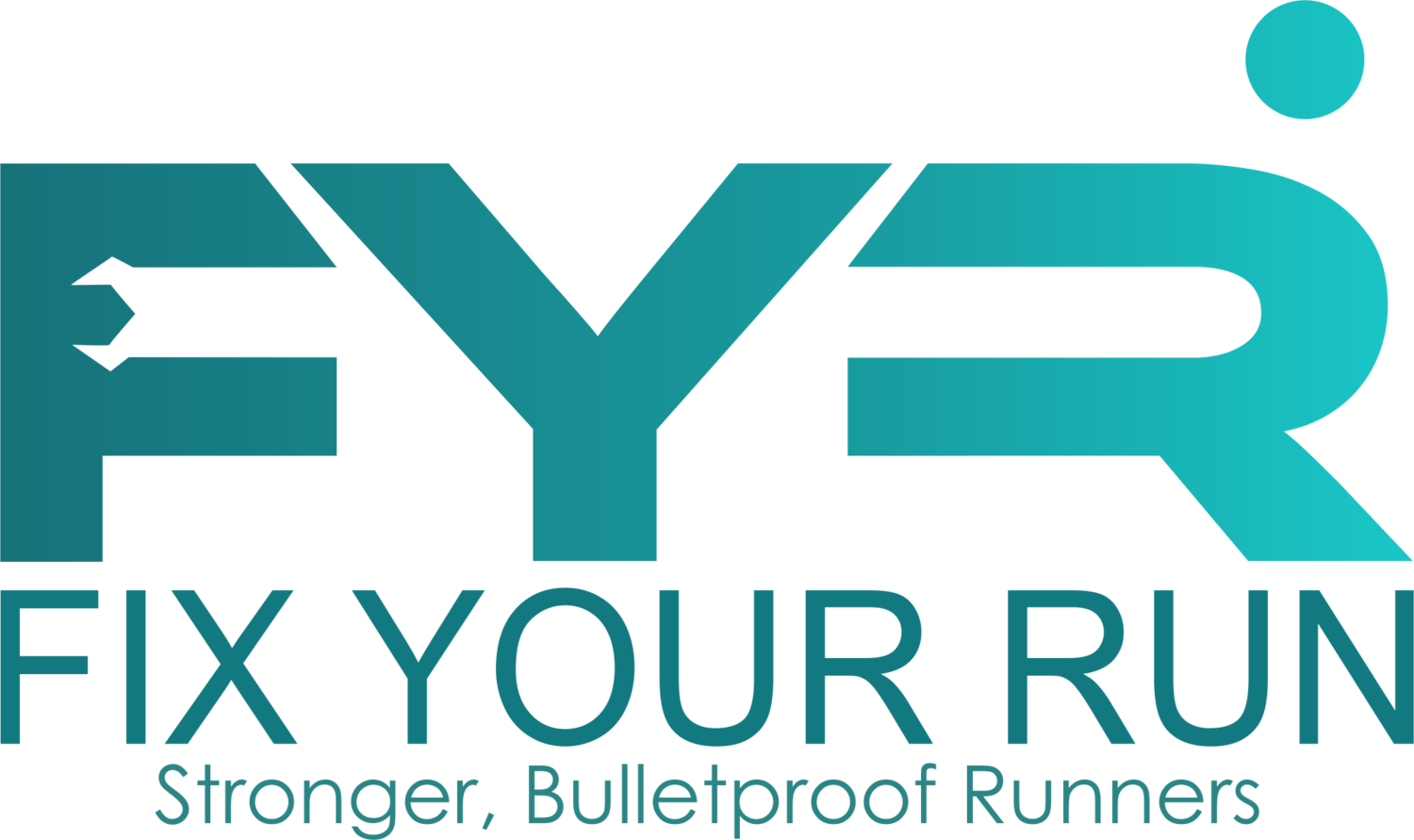 It has often been said that we are each an “experiment of one”. Quite simply, we each have to discover what works for us as an individual.
A well thought out fitness plan may bring incredible results to one person, yet mediocre results to the next.
It has often been said that we are each an “experiment of one”. Quite simply, we each have to discover what works for us as an individual.
A well thought out fitness plan may bring incredible results to one person, yet mediocre results to the next.
If you're the one getting lousy results, do you just throw in the towel and say 'training doesn't work for me'? Of course not. You try something else until you figure out what works for you. PS: a coach can usually help this process move along much more quickly. Contact me if you're stuck!
When you're the one achieving great things it can be easy to assume that what you're doing should work for everyone. How many times have you heard someone say, “oh, yeah, as soon as I started doing [Crossfit, Zumba, yoga, long runs, speedwork, etc], I got WAY better. You should try it!”?
Take that sort of advice with a grain of salt. As a species we're pretty similar. But as individuals we've got enough differences that matter. Here are a few:
- Height
- Weight
- Age
- Gender
- Fundamental movement patterns
- Body awareness and coordination
- Training history and experience
- Current fitness level
- Basic strength levels
- Basic endurance levels
- Fast twitch muscle dominant (performs better, the shorter the event)
- Slow twitch muscle dominant (performs better, the longer the event)
- How you eat
- How you sleep
- Stress levels
I guess I could keep 'em coming, but you get the idea. To optimize your training, you've got to take all of those variables into account.
Maybe there's a nugget in the frustrating experience I had 2 weeks ago that will help you.
I was training like mad for the upcoming New York City Marathon, yet my times were actually getting slower. My easy run pace had eroded by close to 30 seconds per mile and I didn't need a race to tell me it wasn't a good sign!
Tapping into my experience and expertise, I questioned everything. Although I was training more – more miles and more cycling minutes – I was lacking speed training thanks to an annoying calf muscle that got angry with fast running. And due to the increase in mileage, I'd gradually allowed heavy strength training to fall by the wayside.
Sprinting and heavy lifts. Two things that have been proven to work – for me. They amp up my nervous system which allows my brain to recruit more muscle fibers for running. This gives me more power in my stride and delays fatigue, a pretty nice combo!
Fortunately, acupuncture and bodywork by the knowledgeable Chad Bong released the trigger points in my calf causing pain in my foot. I can finally do some faster running and not limp home afterwards!
So I put my theory to the test. I incorporated a small amount of fast running over the course of 3 sessions and did a few heavy lifts. What's heavy? A weight you can lift 3-5 times will do. I deliberately held back so as to not be an idiot and get hurt. (This is NOT a strategy I would recommend for everyone.) Remember the theme of this post. I had the experience and knew the risks.
Less than 10 days after my first attempt at speed all of my running paces had improved significantly. The nervous system wakes up and adapts quickly whereas aerobic adaptations take much longer. If I was actually out of shape aerobically, there's no way I'd see such rapid improvement.
As I type this (15 days later), I'm happy to report the MOJO is fully BACK! Whew!
When it comes to training, what have you noticed really works for YOU?
